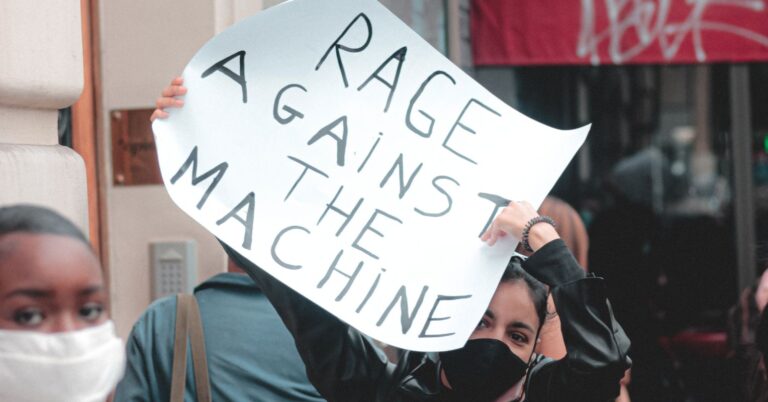
Source: Road Trip with Raj/Unsplash
Sometimes the source of our fear or anxiety is evident. If you panic when it’s your turn to speak at a meeting, it’s likely due to a fear of public speaking. If your stomach churns as you cross a bridge, it’s probably because you’re afraid of heights.
However, occasionally, the origins of our feelings and perceptions aren’t as transparent. At times, we just experience a general unease, a “spidey-sense” of risk.
General Senses of Risk
The Safety Perceptions Index (SPI) from the Lloyd’s Register recently reported an increase in people’s general sense of undefined risk in the world around them. The SPI 2023 suggested that this rise in “ambiguous risk” may have been triggered by the COVID-19 pandemic, coupled with a shifting media environment more prone to magnifying uncertain or misleading information.
Whatever the origin, it seems the global spidey-sense of risk is tingling. So, what are the implications? One potential fallout from a heightened general sense of risk is an adverse effect on health behaviours. This could involve a decreased commitment to positive health activities (like exercise and maintaining a healthy lifestyle) or an increase in negative behaviours (such as smoking and alcohol consumption).
For example, a relevant measure from health psychology that reflects this general sense of risk is perceived uncontrollable mortality risk. This represents the extent to which someone feels that the factors most likely to kill them are beyond their control. Perceived uncontrollable mortality risk has consistently been associated with health behaviours. Research supports the notion that those who perceive they are more likely to die due to factors beyond their control will be less motivated to invest in preventive health behaviours.
Latest Research
Our recent study delved into individual differences in perceptions of uncontrollable mortality risk and the general sense of control people have over various causes of death. Data were collected from a sample of 1,500 UK adults.
We observed variations in individual perceptions of control regarding specific causes of death, influenced by factors such as age, gender, and income. Interestingly, older participants felt they had more control over their risk of dying as a result of nine out of ten causes when compared to younger participants. This suggests that, despite typically being less vulnerable to multiple causes of death, today’s youth feel they have less control over their own mortality than previous generations.
We also found that perceptions of uncontrollable mortality risk were shaped by socioeconomic factors expected to influence one’s overall risk exposure and resource availability. This suggests that perceived uncontrollable mortality risk reflects a “general sense” of mortality risk, influenced by both exposure to hazards and the availability of resources to avoid threats.
Looking Forward
Studies of perceptions of control and health reveal that an individual’s general sense of uncontrollability pertaining to risks in their environment can profoundly influence their commitment to health behaviours.
If people’s spidey-sense of risk continues to rise, and their general sense of uncontrollable risk increases, the impact on behaviours could have a disastrous effect on future health outcomes.
Capturing people’s general sense of risk and identifying the factors shaping these perceptions is challenging. Nevertheless, more research is needed to understand how best to navigate societal shifts in perceived risk and to mitigate subsequent knock-on effects on health behaviours.


















+ There are no comments
Add yours